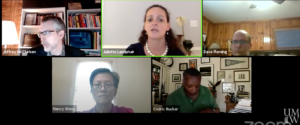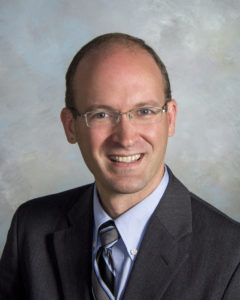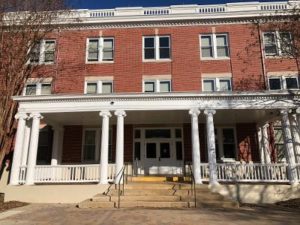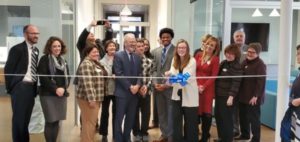To all Faculty and Staff:
We made it through the first week of classes! It has been great to see students back on campus, classes starting up again, and all that comes with the start of the fall semester. Of course, it hasn’t been without its bumps and so we want to make sure everyone has the most up-to-date information. [Please read through to the end. There is lots of important information here.]
- FDA Approval – Last week the Food and Drug Administration has provided full approval for the Pfizer vaccine, removing its EUA status. For those small numbers of students and employees who are not vaccinated, please do get vaccinated now. We know that the emergency approval was a concern for some, but the FDA has provided that full approval now, so contact your local pharmacy, drugstore, health care provider or https://www.vaccines.gov/ to find a Pfizer vaccine today!
- Masking reminders – In general, UMW community members have successfully returned to masking indoors. We have heard a few concerns expressed, however, especially as people enter buildings or get up from eating or drinking, or enter into spaces with other people. Our Students Care Ambassadors will be coming back this fall to help remind people about the masking policy indoors, but remember that everyone has a role to play in reminding people about masking.
- Because people have asked and as clarification, appropriate face coverings do not include bandanas. Face shields are also insufficient by themselves. Gaiters can be used but only if they have at least two layers. More on types of masks can be found at the CDC’s site.
- If you have concerns about COVID enforcement or actions, remember that the Report a COVID Concern is still an option. Please include as much information as possible so that we can address those concerns.
- Exposure warnings for vaccinated people – new this fall, we are reaching out to vaccinated people who have a known close contact exposure to a COVID positive case with an email about the recent CDC guidance for exposed but vaccinated “to be tested 3-5 days after exposure, and to wear a mask in public indoor settings for 14 days or until they receive a negative test result.” If you get one of these emails, do not panic. It does not mean you have COVID or are even likely to get COVID. It does not mean that you need to quarantine, nor that you need to tell all of your close contacts. Rather, out of an abundance of caution we are letting you know that you should take a few more precautions and get tested if you have any COVID symptoms, and if not, you should still get tested 3-5 days from receipt of the email. Please note, because of privacy regulations we cannot tell you where or how you were exposed.
- As has been the case, unvaccinated people who are close contacts will need to quarantine for two weeks, per CDC/VDH recommendations. They will be contacted separately.
- Positive cases will still isolate for 10 days from positive test or start of symptoms, regardless of vaccination status.
- Please do not ask students to reveal their vaccination status. The HR, Public Health team, and the local health district can do so as part of implementing the vaccination, testing, and contact tracing system, but they are exceptions.
- We want to point out again that because we are not social distancing, the number of vaccinated and unvaccinated close contact exposures will be much higher for each case than was true last year.
- Vaccination rates – The good news is that Faculty and Staff are nearly at 91% vaccinated and it looks like students will end up right at about 95% vaccinated. Thank you to all of you for helping to protect the UMW community.
Jeff and Dave, on behalf of the Public Health Advisory Working Group
 UMW Chief of Staff Jeff McClurken moderated the livestream event, which featured panelists Vice President for Student Affairs Juliette Landphair, Associate Vice President and Dean of Student Life Cedric Rucker, Assistant Dean for Residence Life and Housing David Fleming, and University Physician and Director of the Student Health Center Nancy Wang.
UMW Chief of Staff Jeff McClurken moderated the livestream event, which featured panelists Vice President for Student Affairs Juliette Landphair, Associate Vice President and Dean of Student Life Cedric Rucker, Assistant Dean for Residence Life and Housing David Fleming, and University Physician and Director of the Student Health Center Nancy Wang.

